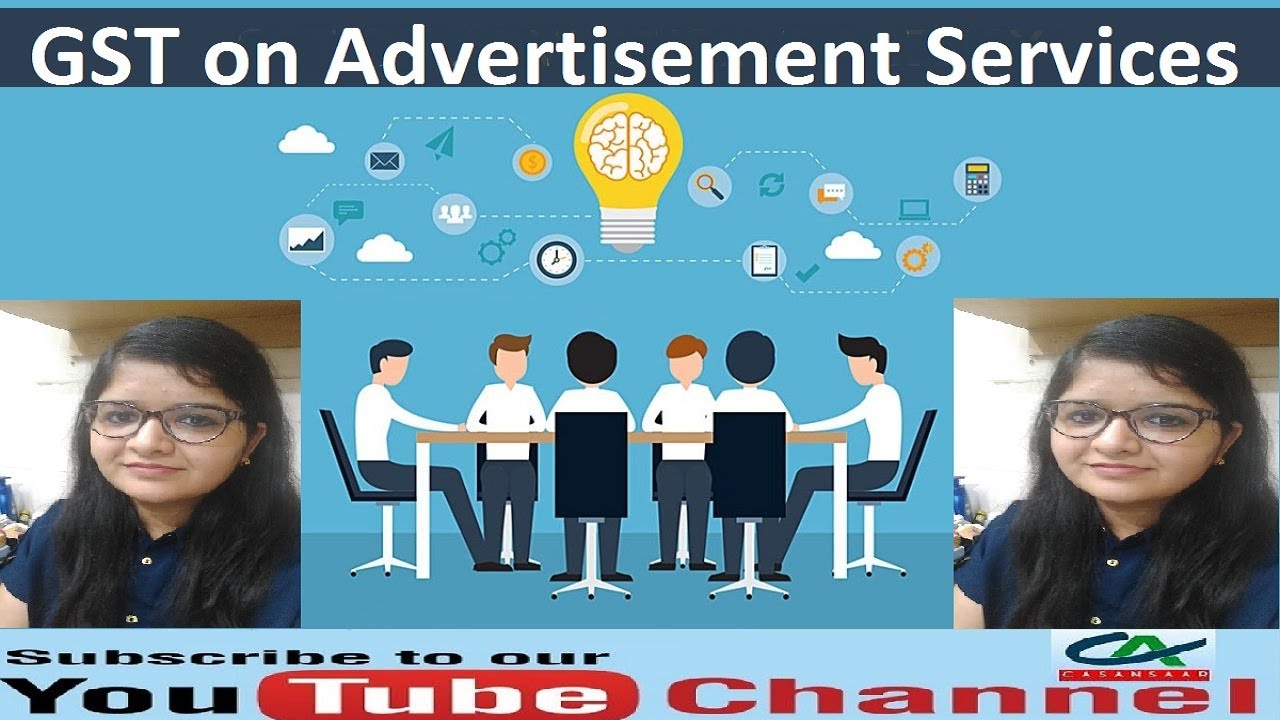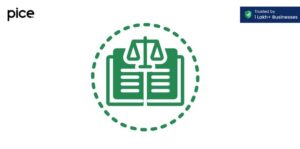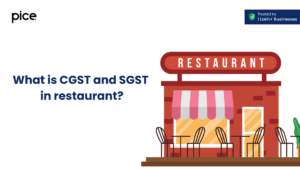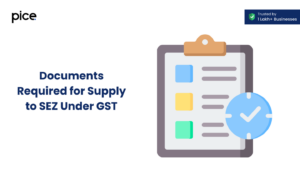Claiming ITC on Advertising Expenses in GST
- 26 Aug 24
- 9 mins
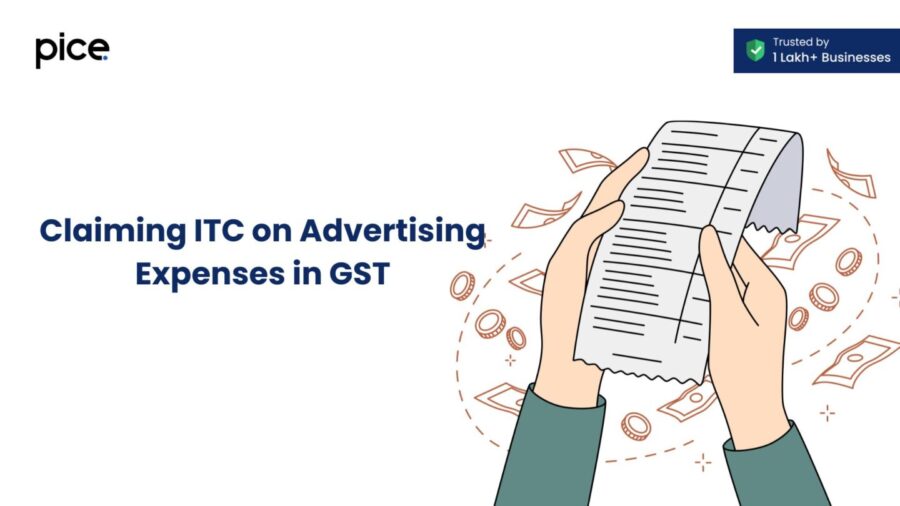
Claiming ITC on Advertising Expenses in GST
Key Takeaways
- ITC on Marketing Expenses: Businesses can claim ITC on marketing expenses like advertising if used for business purposes and compliant with GST rules.
- Eligible Marketing Services: ITC applies to services like digital marketing, promotions, and brand campaigns linked to business activities.
- Documentation and Compliance: Maintain GST-compliant invoices, contracts, and payment proofs. Accurate reporting and regular reconciliation are essential.
- Maximizing ITC: Properly categorize expenses, keep detailed records, and avoid non-eligible personal costs.
- Tax Rates and SAC Codes: The GST rate for advertising services is 18%. Use correct SAC codes, like 998361 for print media and 998362 for TV/radio, to ensure compliance.
In the realm of Goods and Services Tax (GST), businesses are often concerned with maximizing their Input Tax Credit (ITC). One significant area of interest is the eligibility and claim rules for ITC on marketing expenses. This guide explores the eligibility criteria, strategies for maximizing ITC, necessary documentation, compliance requirements, and the overall benefits of claiming GST credits on marketing expenses.
Aspects of Advertising Services
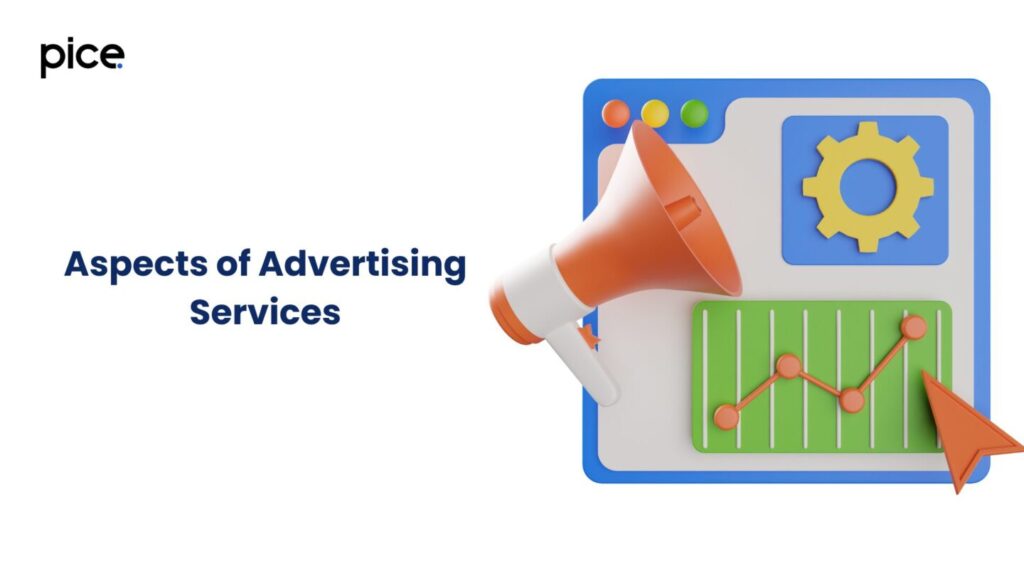
1. Advertising Services and GST
Credit on Advertising Services
Advertising services are considered an essential expense for businesses aiming to promote their products and services. Under GST, businesses can claim Input Tax Credit (ITC) on advertising expenses, provided these services are used in the course or furtherance of business. This includes digital marketing, print media, television advertisements, and online advertisements.
Mechanism for Advertisement Services
To claim ITC on advertising services, businesses need to ensure that the GST paid on these services is reflected in their Electronic Credit Ledger. The mechanism involves maintaining proper documentation and ensuring that the supplier of advertising services has complied with all GST requirements, such as issuing valid tax invoices and filing returns.
2. Types of Services Covered
Promotional Services
Promotional services, including brand promotions and product launches, are eligible for ITC. These services must be directly linked to the business activities and documented correctly to claim ITC.
Marketing Services
Marketing services encompass a wide range of activities such as market research, strategic planning, and promotional campaigns. These services are critical for business growth and are eligible for ITC under GST, provided they are used for business purposes.
Providers of Services
Service providers offering marketing and advertising services must charge GST on their invoices. Businesses receiving these services can claim ITC, ensuring that the providers are GST-compliant.
3. Compliance and Documentation
Business Compliances
To claim ITC, businesses must adhere to specific compliance requirements. This includes maintaining proper records, filing GST returns (GSTR-2, GSTR-3B), and ensuring that the supplier has uploaded the correct details in their GSTR-1.
Recipient of Service
The recipient of the service (business entity) must ensure that the ITC is claimed only if the service is used for business purposes. Non-compliance or incorrect claims can lead to penalties and interest.
4. Taxation and Rules for Services
Rule for Services
The ITC rules for services require that the services are used in the course of business and that the tax charged on these services is reflected in the supplier's returns. Section 16 of the CGST Act outlines the eligibility and conditions for claiming ITC.
Taxation for Services
GST on services, including advertising and marketing, is generally charged at 18%. Businesses can claim ITC on this GST amount, reducing their overall tax liability.
5. Suppliers for Marketing Services
Supply of Service
The supply of marketing and advertising services must be for business purposes to claim ITC. The nature of the supply and its direct link to the business's operational needs are crucial factors.
6. Business Marketing Expenses
Document Input Services
Proper documentation is essential for claiming ITC on marketing expenses. This includes maintaining invoices, contracts, and payment proofs related to the services received.
Claiming ITC on Marketing Expenses in GST
Input Tax Credit (ITC) on marketing expenses under GST can be claimed if the expenses are incurred in the course or furtherance of business. This includes costs related to advertising, promotional activities, and other marketing expenditures.
Taxability of Advertising Sector Pre-GST
Before GST, the advertising sector was subject to multiple taxes, such as Service Tax, Value Added Tax (VAT), and Central Sales Tax (CST), depending on the nature of the advertising service provided. This often led to cascading tax effects and increased compliance burdens.
Advertising Sector Under GST and Rate of Taxes
Under GST, the advertising sector is more streamlined with a unified tax structure. The rate of GST on advertising services is generally 18%. This applies to various types of advertising, including print media, digital media, and outdoor advertising.
SAC Codes of Advertising Services
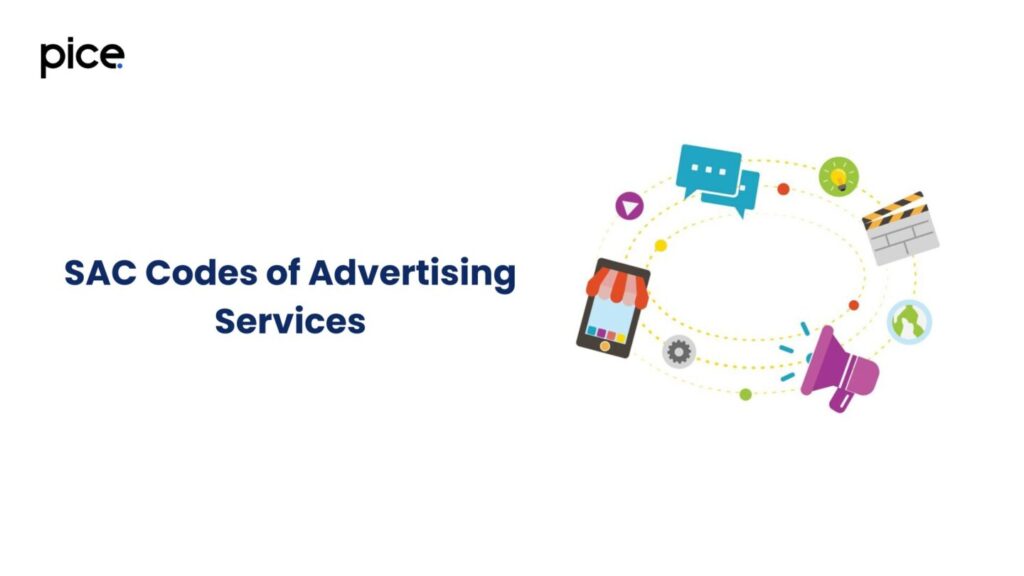
The SAC (Services Accounting Code) codes for advertising services are essential for proper classification and compliance under GST. Common SAC codes include:
- 998361: Sale of advertising space or time slots in print media
- 998362: Sale of advertising space or time slots in TV or radio
- 998363: Sale of advertising space or time slots in digital media
Eligibility Criteria for ITC on Marketing Expenses
To claim ITC on marketing expenses, the following eligibility criteria must be met:
- Taxable Supply: The marketing expense should be linked to the taxable supply of goods or services. This means that the expense should be incurred in the course of business activities that generate taxable outputs.
- Registered Person: Only a registered person under GST can claim ITC. The person should have a valid GSTIN and should be compliant with all GST filing requirements.
- GST Liability: The ITC can be claimed only if the GST liability has been correctly calculated and reported. Any discrepancies in GST liability can lead to the denial of ITC claims.
- Input Services: Marketing expenses should qualify as input services as defined under GST law. This includes advertising, promotion, sales promotion activities, and other related services.
- Input Credits: The marketing expenses must be eligible for input credits. This includes expenses incurred on promotional items, advertisements, events, and other marketing activities.
- Business Purposes: The expenses should be incurred for business purposes and in the furtherance of business. Personal expenses or expenses not related to business activities are not eligible for ITC.
- Furtherance of Business: The expenses should contribute to the advancement or promotion of business activities. This includes expenses incurred to increase sales, enhance brand visibility, and attract customers.
Strategies for Maximizing ITC on Marketing
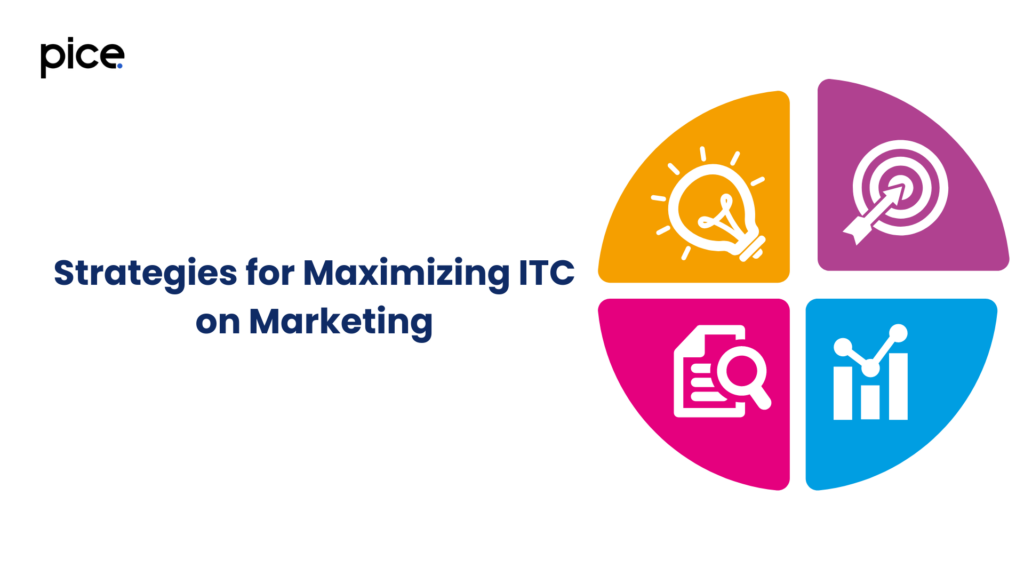
To maximize ITC on marketing expenses, businesses can adopt the following strategies:
- Proper Categorization: Ensure that all marketing expenses are properly categorized and documented as business expenses. This helps in clearly identifying eligible expenses for ITC claims.
- Regular Reconciliation: Regularly reconcile the input tax credit with the GST returns filed. This helps in identifying any discrepancies and rectifying them in a timely manner.
- Maintain Detailed Records: Keep detailed records of all marketing expenses, including invoices, contracts, and payment receipts. This documentation is crucial for substantiating ITC claims during audits or assessments.
- Use GST-Compliant Invoices: Ensure that all invoices for marketing expenses are GST-compliant, with all necessary details such as GSTIN, tax amount, and description of services.
- Avoid Non-Eligible Expenses: Be cautious of expenses that are not eligible for ITC, such as personal expenses, gifts, and expenses incurred for personal purposes.
Documentation for ITC on Marketing Promotion
Proper documentation is essential for claiming ITC on marketing expenses. The following documents should be maintained:
- Invoices: GST-compliant invoices for all marketing expenses.
- Contracts: Contracts or agreements related to marketing activities.
- Payment Receipts: Proof of payment for marketing expenses.
- Tax Payment Proof: Proof of tax payment for the marketing expenses.
- Reconciliation Statements: Regular reconciliation statements for input tax credit.
Compliance Requirements for ITC on Promotions
To ensure compliance while claiming ITC on promotional expenses, businesses should adhere to the following requirements:
- Timely Filing of GST Returns: Ensure that all GST returns are filed on time and accurately reflect the input tax credit.
- Accurate Reporting: Accurately report all marketing expenses in the GST returns.
- Maintain Records: Maintain detailed and organized records of all marketing expenses and related documents.
- Regular Audits: Conduct regular internal audits to ensure compliance with GST rules and identify any discrepancies.
Conclusion
Claiming ITC on marketing expenses can significantly reduce the GST liability for businesses. By understanding the eligibility criteria, implementing strategies to maximize ITC, maintaining proper documentation, and adhering to compliance requirements, businesses can effectively leverage GST credits on marketing expenses.
This not only enhances financial efficiency but also ensures legal compliance and optimized tax benefits.
💡 If you want to pay your GST with Credit Card, then download Pice Business Payment App. Pice is the one stop app for paying all your business expenses.







